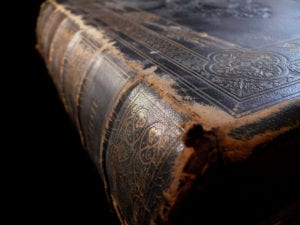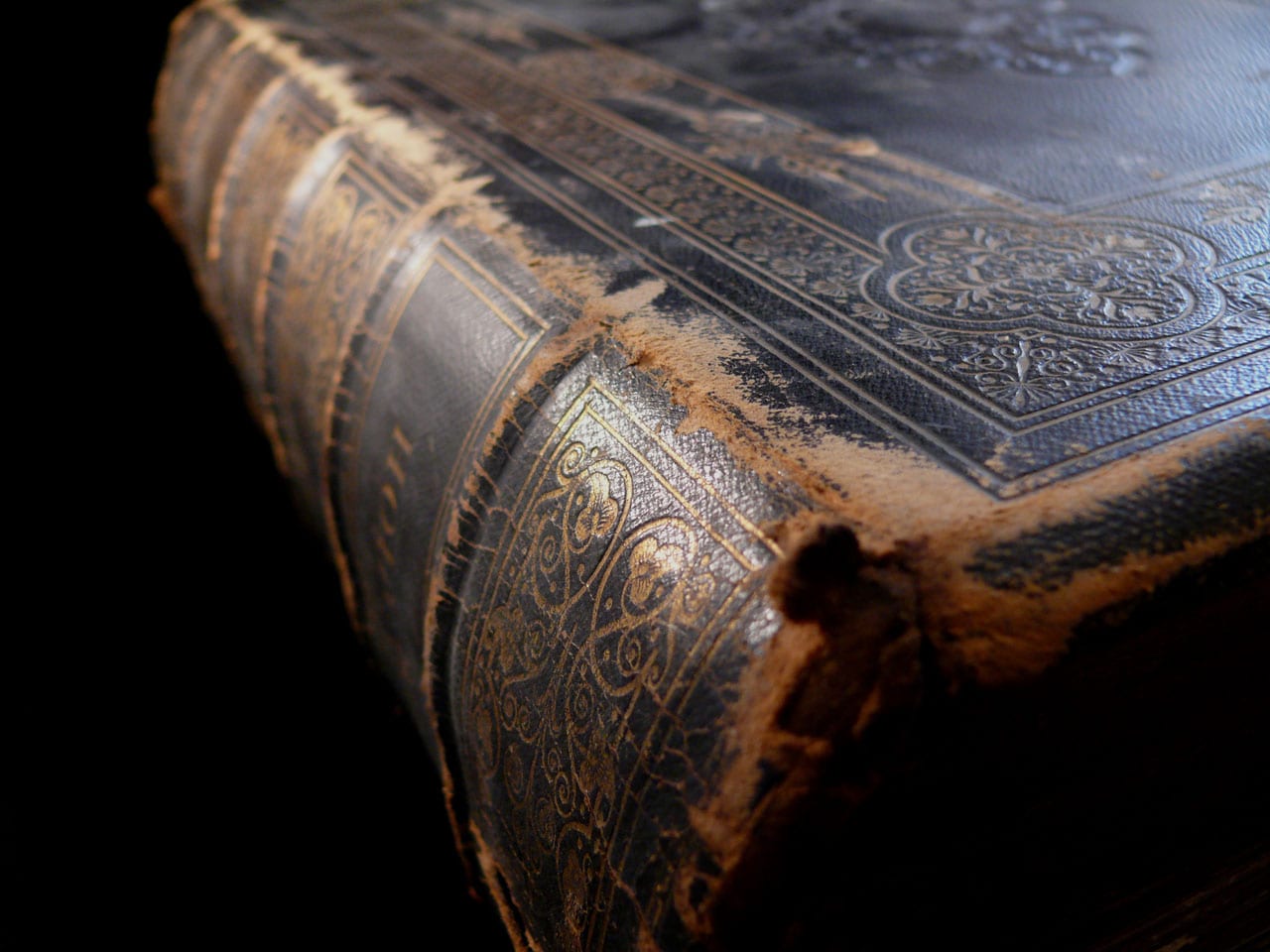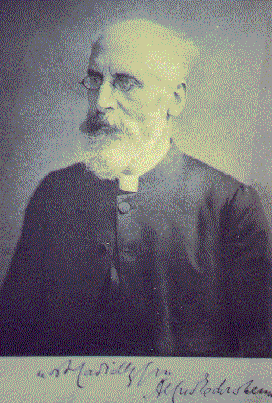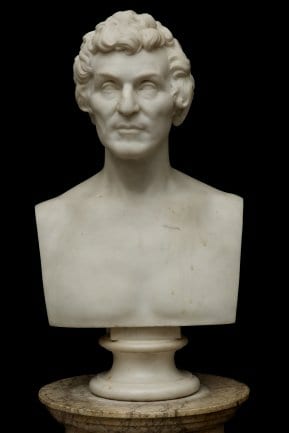John Leland tackles the notion of “ free and impartial examination” in the course of responding to Henry Dodwell, Jr.:
free and impartial examination” in the course of responding to Henry Dodwell, Jr.:
“Another argument with which he makes a mighty parade is to this purpose, that no religion can be rational that is not founded on a free and impartial examination. And such examination supposes a perfect neutrality to the principles which are examined, and even a temporal disbelief of them, which is what the gospel condemneth. But this proceeds upon a wrong account of the nature of free examination and inquiry. It is not necessary to a just inquiry into doctrines or facts, that a man should be absolutely indifferent to them before he begins that inquiry, much less that he should actually disbelieve them; as if he must necessarily commence atheist, before he can fairly examine into the proofs of the existence of God. It is sufficient to a candid examination, that a man applieth himself to it with a mind open to conviction, and a disposition to embrace truth on which side soever it shall appear, and to receive the evidence that shall arise in the course of the trial. And if the inquiry relateth to principles in which we have been instructed, then, supposing those principles to be in themselves rational and well founded, it may well happen, that, in inquiring into the grounds of them, a fair examination may be carried on without seeing cause to disbelieve, or doubt of them through the whole course of the enquiry; which in that case will end in a fuller conviction of them than before.”
John Leland, A View of the Principal Deistical Writers (London: Thomas Tegg, 1837), p. 129





